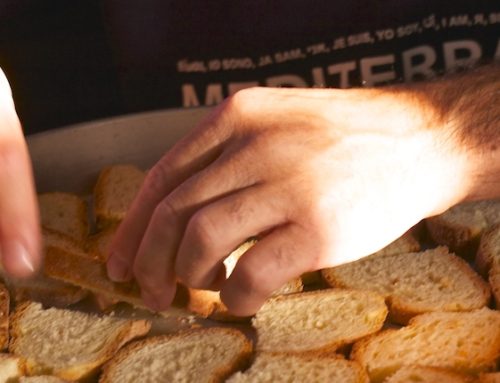“..to perceive itself same as interprets that they receive a witness to rebroadcast it to own time..” (Pietro Mastroberardino)
The history of a family. A family that is also a wine and of a wine that is the territory in which it is born: the Irpinia. Small part of a splendid region, Campania, full of sea and sun, and with a heart hidden of fertile and precious earth. The Irpinia is not as you waits you for it. It’s different. And it’s very beautiful.
The austere cut and angular of his mountainous profiles, the spacious sky, that seems taller than the truth, the slow rhythm of the daily life. Naples is there, to few more than half an hour of car, but the horizon of the sea, the noise and the calls of its people are distant, almost in another continent.
So many countries, small and hard-working, they are followed without solution of continuity, one after the other. In one of them, Atripalda, beats the heart of the wine of the South Italy: the wine cellar Mastroberardino.
Here, in this place, to make wine has become a mission. In the great courtyard of the firm the various and varying humanity has passed. Anthony Mastroberardino, told a long time ago this humanity. Here, among the enormous barrels, the evacuees of the 1980 earthquake have slept. Here the laborers of the vintages swarmed to the sunset in the days of the harvest. Here the German soldiers, in escape after April 25, have shot to the gigantic tubs, full of must in fermentation. And the fountains, gushing vivid red liquid suddenly emerged, told the end of a hateful war and hated.
Incredibile history of an earth marked by immense natural strengths, the Vesuvius and the earthquake, and constantly made an attempt by the easy human self-destruction. In Irpinia lives of wine-growing for at least two centuries, then after 1930, after having already devastated the vineyards of Europe and Italy, the Fillossera has arrived. And immediately later, as soon as few years, the War. Devastation, escape and abandonment of the earths vocate to the wine. The main way, as it is said, it is almost never the shorter.
But the war, that for the life, given by the hunger and by the desperation, it was not ended yet. The farmers started to uproot the grapevines of Greco, Fiano and Aglianico, autochtonous vines, of the territory, but needy of cares and attentions, “because the Trebbiano produces more, it is easier and more generous”, they say. Struggle for the hunger, meant therefore sacrifice of the traditional wines, unless someone didn’t decide to face the risk to keep on producing them, to valorize them, to distribute them.
The Mastroberardinos were made promoters of this brave choice. Recovery of extinct variety, capillary zonation of the territories, defended of the traditional values.
A witness of these battles exists, of this endless war against the Nature and against the History: the Taurasi. From 1986 it calls Radici and it is the proclamation of an idea, a declaration of the territory. It’s the most representative wine of the family Mastroberadino. In its severe classical, in its constancy, in its variegated expressive range, the Taurasi represents the walk of the wine in Irpinia. The year “1928” tells a world that we don’t know anymore by now, a world that follows the footstep of the time and the departed time in the coherence is not once never past, it is not once never lost. You drink a sip of Taurasi, do you it to slip on the palate and aspirate deeply with the nose: it will speak to you and they will be words with roots that sink in the History.





Leave A Comment